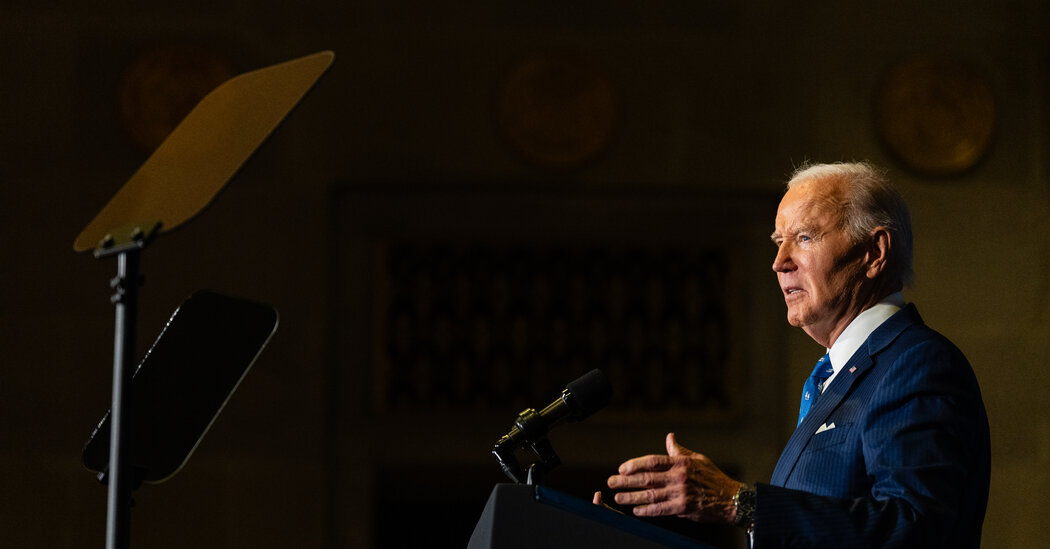Early on Thursday morning, Rebecca Parrett received a phone call from her former hairdresser.
“Have you heard the news yet?” he asked her.
She hadn’t.
President Biden was commuting the sentences of nearly 1,500 people, he told her, and perhaps Mr. Parrett might be among them, suddenly free to travel to see her family.
But at that early hour, it was just a headline, the White House telling news organizations that it was the most commutations in a single day by an American president. It would be a couple of hours until the White House released the list of those being offered clemency — and until Ms. Parrett, 76, found her name.
All day, she said, “I have just been in tears.”
Like many of those whose sentences were commuted by President Biden on Thursday, Ms. Parrett had been released from prison during the pandemic to serve her sentence on home confinement. While that was a relief, she has lived in constant worry that she would be sent back to prison — and Republican lawmakers had been threatening to do just that, by pushing legislation that would have forced people who had been released to home confinement during the pandemic back behind bars.
Now, Ms. Parrett, who receives Social Security benefits and recently moved into an apartment in Prescott Valley, Ariz., is hoping she can travel to Indiana to celebrate Christmas with her son, who recently had open-heart surgery. She has five great-grandchildren who live in Florida and Indiana and whom she has never met. As soon as she learns the details of her commutation — which could take a few days, her case manager told her — she will be making travel plans.
“I’m certainly praying for just a complete release, time served,” she said.
For Ms. Parrett, the commutation is a joyous turn in a journey that she almost didn’t survive. After being convicted of securities fraud and other financial crimes in 2008, Ms. Parrett, still on bond, fled to Mexico, where, she said, she planned to commit suicide. “I thought life would be better if I was gone,” she said.

